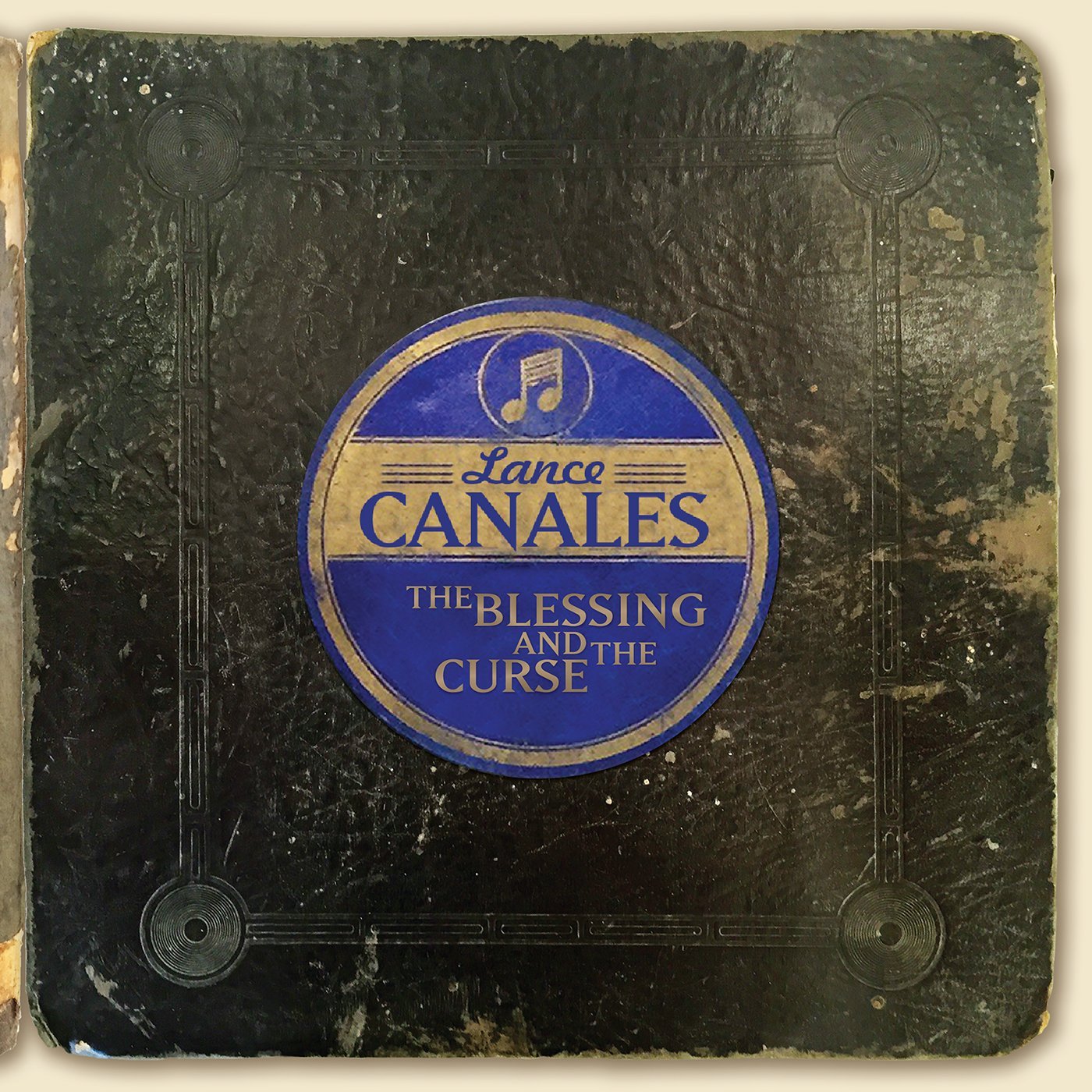Artist: Lance Canales
Album: The Blessing And The Curse
Label: Music Road Records
Release Date: 08/28/2015

You may not hear a more haunting yet infectious album this year. Lance Canales seems to summon the spirits and ghosts that travel with the migrant workers in California’s Central and San Juaquin Valleys. Other writers like Tom Russell and Dave Alvin have created some vivid observations about these people and this area in their material, but, having grown up there, Canales delivers first-hand observations, and in doing so, puts forth one of the grittiest, sweatiest vibes you’ll hear on any record. His voice resembles Tom Waits’, and some of the material is akin to Waits’ Mule Variations, the difference being that Canales is fighting for a cause: he wants to right the wrongs of indifference to these migrant workers. Nowadays, Canales still hasn’t quit his day job, working as a janitor in Fresno, CA. As he says, “There’s no shame in working hard and doing what you need to do. You do your job and work hard at it – it’s what makes America work.”
Acclaimed singer-songwriter Jimmy LaFave, co-owner of Music Road Records, flawlessly produces the album, joining in with his acoustic guitar and vocals while also adding the talents of vocalists Eliza Gilkyson and Joel Rafael and guitar players Mike Hardwick and Ray Bonneville to Canales’ stripped-down, acoustic trio. As you review the liner notes, you wonder whether you’ve ever seen these “instruments” on other albums: tamper tool, shovel, peach basket and footsteps. This is one big, bluesy, chilly statement typified best in the duet between Canales and Gilkyson in Rev. Gary Davis’ “Death Don’t Have No Mercy” and the album’s centerpiece, “Deportee,” a reworked version from Canales complete with a whispering recitation of missing names from that infamous plane crash in Los Gatos Canyon.
Of course, you remember Guthrie’s original lyric, where the 28 missing were casually summed up as only “Mexican deportees.” Those names were recovered only decades later, in 2010, by Mexican writer Tim Hernandez, who provides the whispers of all 28 names in the song. The names appear inside the liner jacket as well. Canales says, “If we can name these people who died nameless, then we can look at our parents and grandparents who did the same type of work and show them some respect back.”
Let’s hope Canales can quit his day job and take his music to bigger stages. He deserves it.
– Jim Hynes




Be the first to comment!